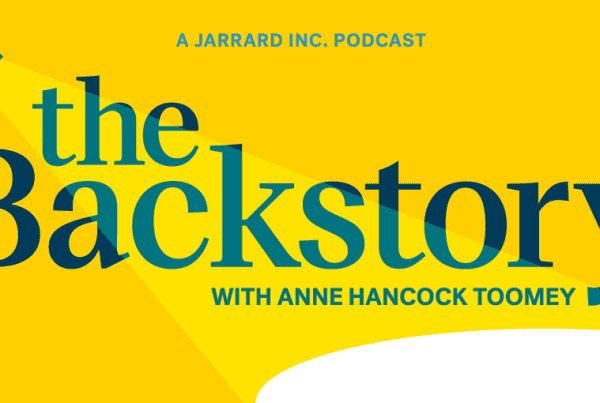Want to be notified as soon as we publish new content like the Quick Think? Subscribe here.
The Big Stories
This week: Amazon founder to give most of his money to charity. How much? $124 billion.
And this: Amazon expands health care footprint with virtual clinic offering. Promises basic health care with a few clicks and low costs.
Also, this: Amazon has begun laying off employees. Some 10,000. During the holidays.
What It Means for You
It’s easy to jab at Amazon, a brand as omnipresent as turkeys at Thanksgiving and online sales on Black Friday. A prime target, if you will.
Love ‘em or hate ‘em, Amazon is a sprawling, complex company rife with prominent leaders, disparate initiatives, investments, plans, problems, things that work, things that don’t, with all those discordant messages playing out on the public stage. On the regular.
Sound familiar?
Can you imagine being part of a large organization with a well-known brand, powered by a mysterious, expensive economic system that generates a lot of money, that is making difficult calls in one place – closing a service, reducing staff – while cutting ribbons on a new wing and recruiting heavily in another?
No? How about having a leadership team whose compensation requires a defense every year when the 990s are released, or a healthy foundation whose endowments need “contextual explanation” while negotiating incremental staff pay adjustments?
The Art of the Whiplash
One of the greatest skillsets for healthcare leaders today is the art of whiplash communications, mastering the unsatisfying dance of mixed messages.
It’s normal course, now, as healthcare providers big and small undergo tremendous change as they labor to respond to the market, anticipate the future and, you know, survive.
It’s fraught work and, when poorly done – when leaders won’t acknowledge the discord or how it connects and lands – erodes trust, fosters skittishness and fuels retention problems. They ask: When is the next shoe going to drop?
How to avoid the mixed messaging, you ask?
Consider these proactive approaches so you’re able to address the facts frankly and authentically:
- Be at the table for all things. You can’t manage what you don’t know. Marcom needs to be present and involved to spot connections between disparate operational decisions that can lead to blowback. And then prepare the team to address it with clear, crisp messaging. Are other shoes about to drop? Know everything that’s in your closet.
- Avoid death by 1,000 cuts. Look to your Big Story – aka, your organization’s mission, vision and values and strategic direction. Look at each individual event and ask, “How does this fit into that larger story?” Otherwise, you’ll be reacting to an endless parade of individual hits, keeping you off balance and making it easy for critics to paint your organization as, well, disorganized (at best).
- Rinse and repeat your Big Story. Even – especially – when there’s no breaking news. Talk about all the small victories happening that are part of your successful daily routine. Share your goals, your mission, your history. Highlight your people. Talk about the need for decisions, big and small, easy and hard, and how each one is part of the big picture. That way, when dissonant events do happen, people will understand, “Oh, this is one of those things. I don’t like it, but I understand it.”
Like so many things we discuss with you in our Sunday notes, being the chief advocate for the story of your organization is hard when difficult operational decisions don’t align with the narrative you want to tell. It is, however, fundamental to your very hard work as you lead your teams in a relentlessly challenging environment.
One more thing
A last note, but not a last thought. A continuing one. We’re closing in on the conclusion what’s been a difficult year for, well, just about everyone providing care. Next year is not signaling good times, either.
But here you are, still at it. Thinking about 2023 and what needs to happen next, and how you’ll take care of your organization and your team through it all. It’s how you make healthcare better and, for all of that, thank you. We’ll be there, too. Maybe we can avoid whiplash together.
This piece was originally published over the weekend in our Sunday Quick Think newsletter. Fill out the form to get that in your inbox every week.
Subscribe to Jarrard Insights & News
"*" indicates required fields




